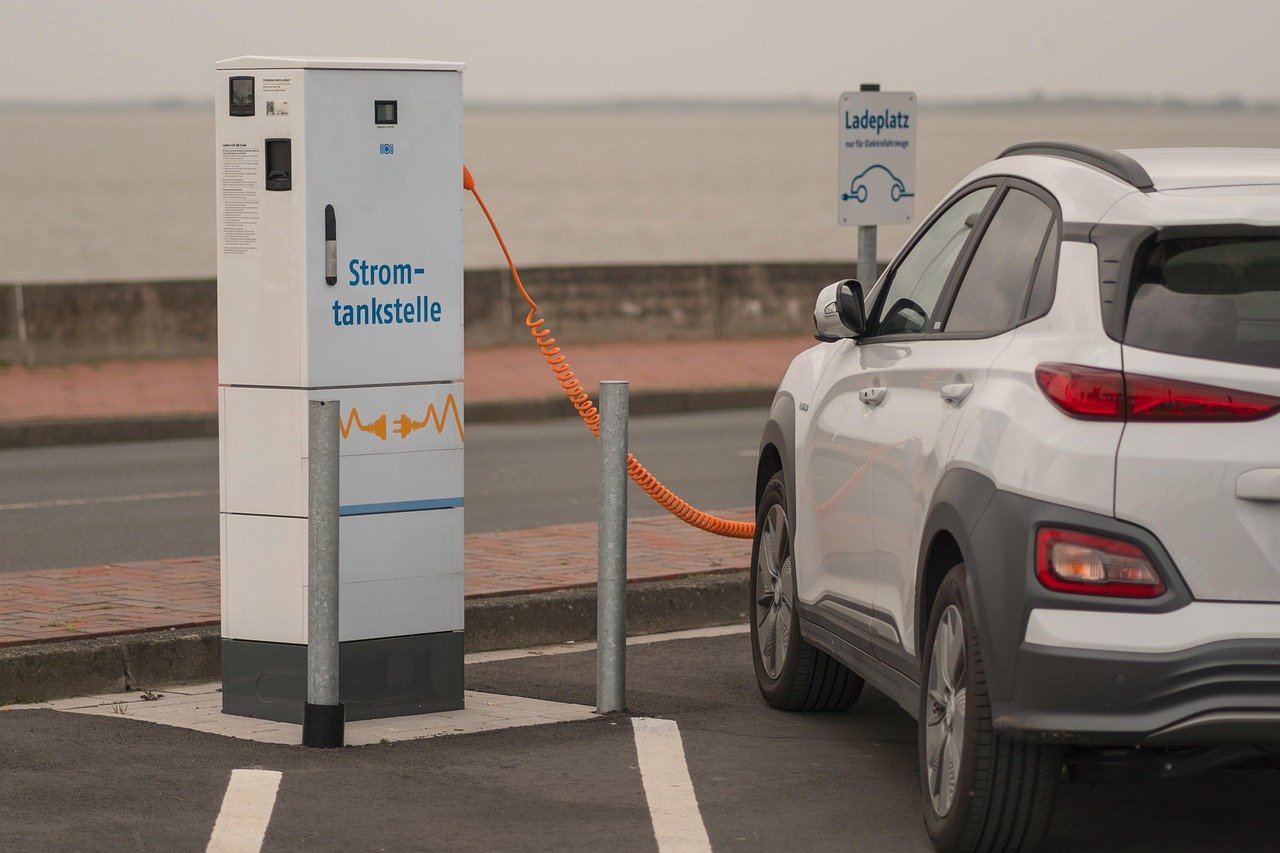Thinking about a used electric car but worried about the battery? You’re not alone. The health of the battery is the new mileage for second-hand EV shoppers. The good news is that the fears might be overblown, and new tools are making it easier than ever to buy with confidence.
Gone are the days when you had to take a dealer’s word for it. Today, independent battery analytics companies can reveal a used EV’s battery condition with impressive accuracy. These firms use special tests to give you a true picture of the battery’s “State of Health” (SOH), which is a measure of its capacity compared to when it was new.
How to Test a Used EV Battery
For peace of mind, you can now get a professional battery health check. Companies offer two main types of tests:
- A Premium Test: This involves plugging a small device into the car for a few days. It monitors the battery’s performance during normal driving, providing a highly detailed report on its health and even the condition of individual cells.
- A Flash Test: This is a much quicker check. A different device connects to the car’s computer and analyses the battery data in under two minutes, giving a reliable SOH reading.
These independent reports can sometimes differ “substantially” from the car’s own built-in display, making them a valuable tool for buyers.
Busting the Battery Myth
A common belief is that a battery with an SOH below 80% is no good. However, experts challenge this. An EV with a state of health below 80% can still be a great car for local trips; it just needs to be priced accordingly.
Furthermore, a weakening battery doesn’t always mean a costly full replacement. It is often possible for specialists to replace only the faulty groups of cells inside the battery pack, which is far more affordable.
The Bigger Picture: Better Tech and a Second Life
Battery technology has improved dramatically. While older EV batteries might have lasted for hundreds of charging cycles, some of the newest ones are designed for thousands. This means newer used EVs are likely to have even more resilient batteries.
And when an EV battery is no longer strong enough for a car, it isn’t trash. These batteries get a “second life” for less demanding jobs, like storing electricity for businesses or powering charging stations for electric forklifts.
The Bottom Line
While the battery should be a top consideration, it shouldn’t be a deal-breaker. With independent testing available and improving technology, buying a used EV is becoming a smarter and less risky choice. By getting the right information, you can find a fantastic used electric car that fits your budget and driving needs perfectly.






















